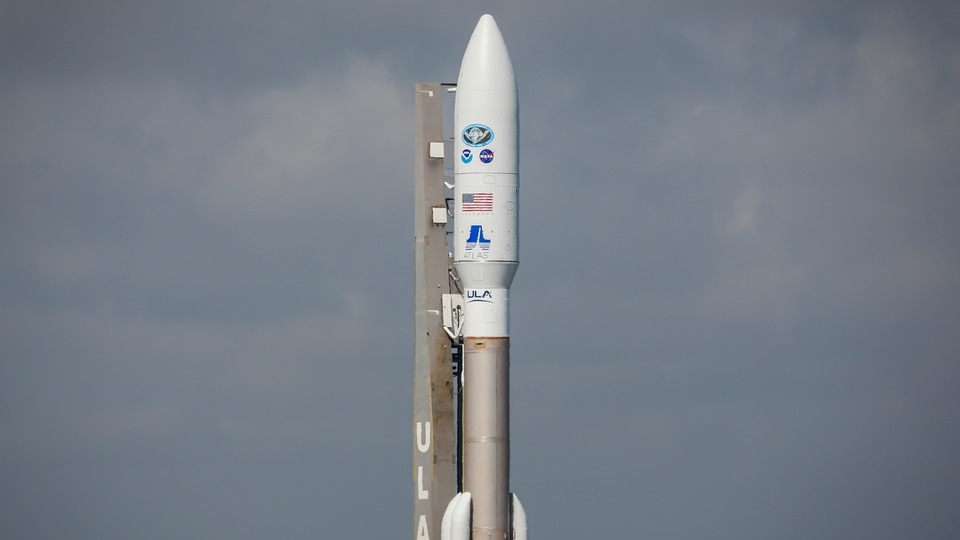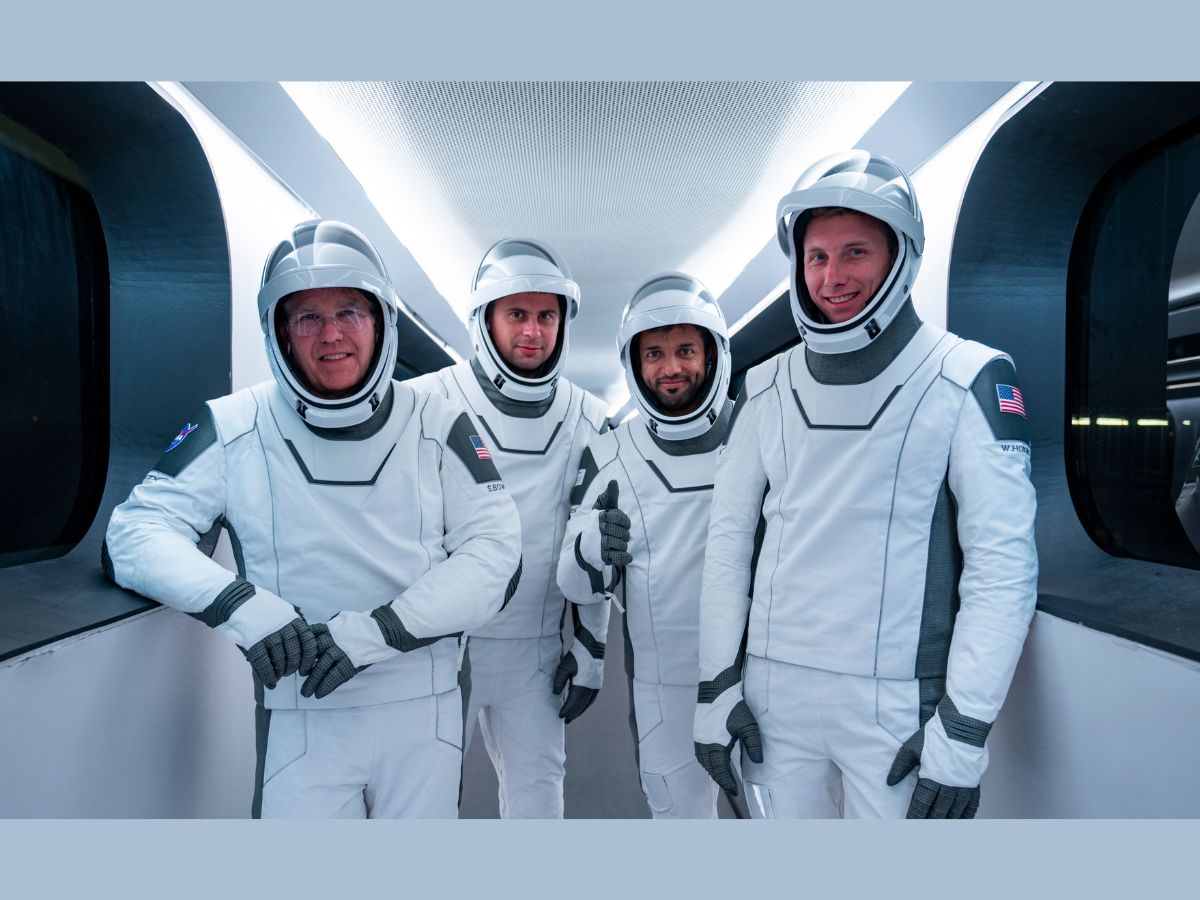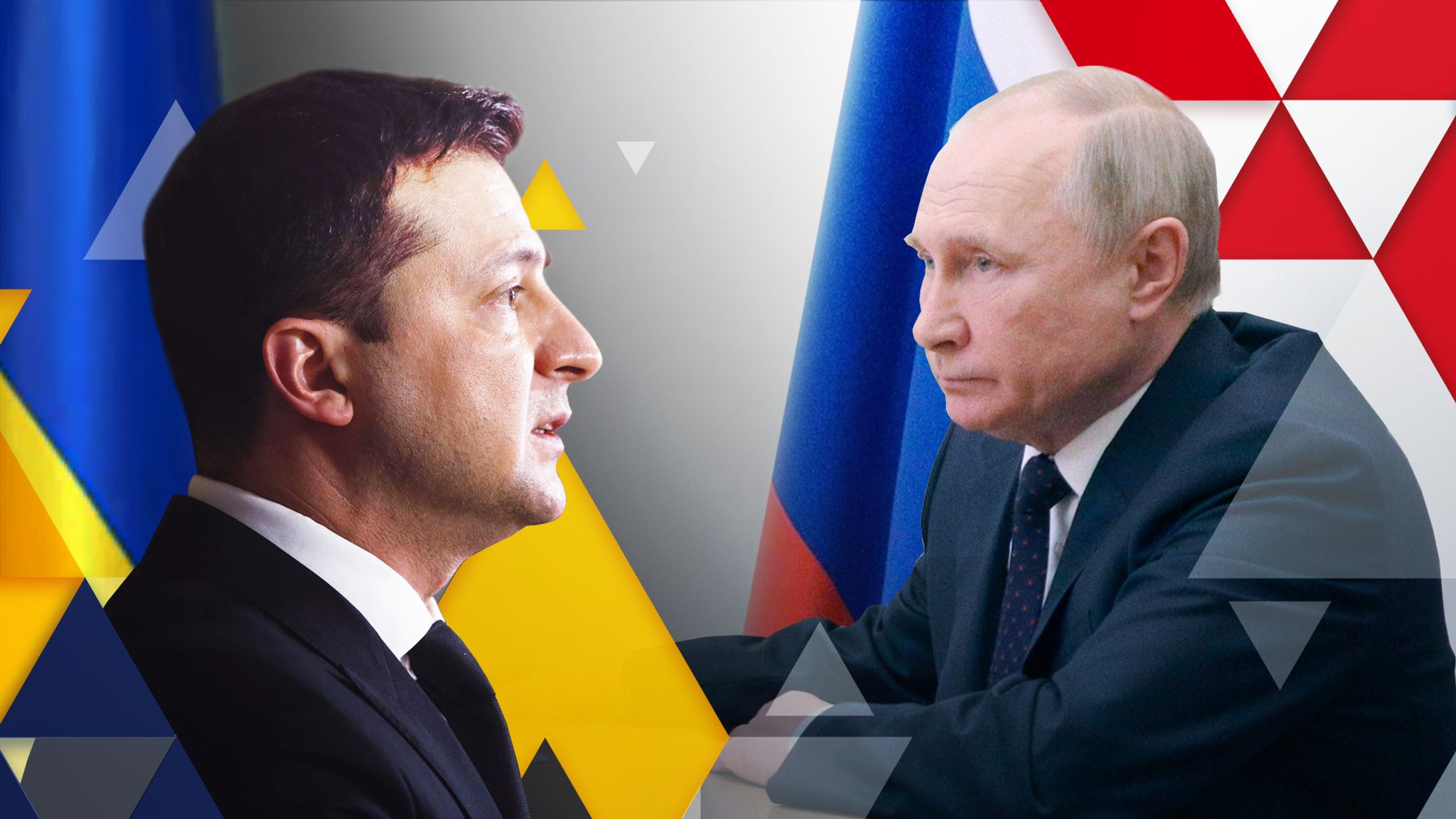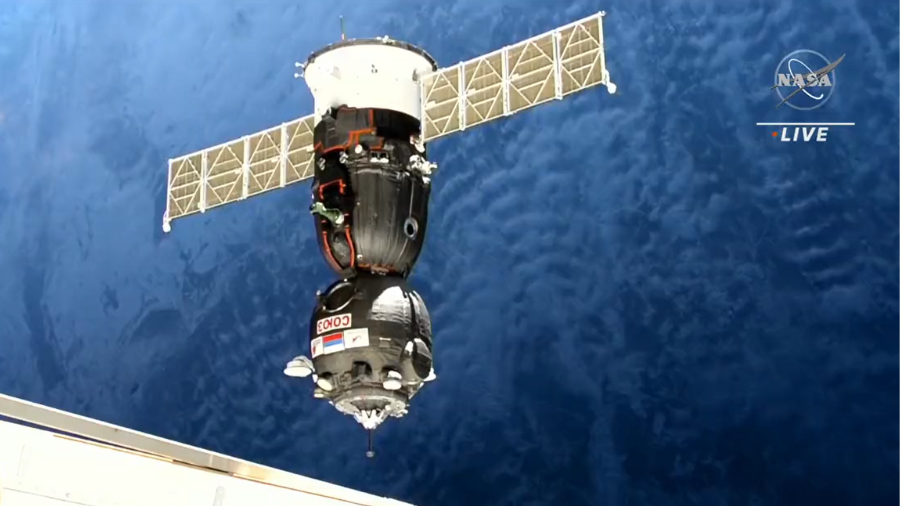
A SpaceX Falcon 9 rocket will launch early Monday for the International Space Station, carrying two NASA astronauts, a Russian cosmonaut, and the second Emirati in orbit.
The SpaceX Dragon Crew-6 mission will launch from Florida’s Kennedy Space Center at 1:45 a.m. (06:45 GMT). The weather is supposed to be near ideal.
If all goes as planned, the Crew Dragon spacecraft, named Endeavour, will dock with the ISS at 2:38 a.m. (0738 GMT) on Tuesday.
Who is going up the space?

NASA’s Stephen Bowen and Warren Hoburg, Russia’s Andrey Fedyaev, and Sultan al-Neyadi of the United Arab Emirates will spend six months aboard the orbiting space station.
Neyadi, 41, will be the fourth Arab astronaut to travel to space and the second from the oil-rich United Arab Emirates; his countryman Hazzaa al-Mansoori conducted an eight-day mission in 2019.
The planned expedition was regarded as a “huge honor” by Neyadi.
Hoburg, the Endeavour pilot, and Fedyaev, the Russian mission specialist, will fly into space for the first time.
Fedyaev is the second Russian astronaut to travel aboard a SpaceX rocket to the International Space Station. NASA astronauts go to the station in the Russian Soyuz spacecraft regularly.
Russia and Ukraine

Since the Russian advance in Ukraine pitted the two capitals squarely against each other, space has remained a rare platform for collaboration between Moscow and Washington.
Notwithstanding the tensions, such conversations have persisted.
Bowen, a three-time space shuttle mission veteran, said politics seldom come up in orbit.
“We’re all experts in our fields. We remain focused on the objective at hand, “said the mission leader. “Once in space, we’ve always had a terrific relationship with cosmonauts.”
Crew-6 members will undertake scores of experiments while aboard the ISS, including research into how materials burn in microgravity and how the heart, brain, and cartilage function.
The crew is the sixth to be delivered to the ISS by a SpaceX rocket. The Endeavour spacecraft has gone into space three times.
NASA pays the commercial SpaceX firm every six months to transport humans to the flying laboratory.
The space agency anticipates a several-day transfer with the four members of SpaceX Dragon Crew-5, who have been stationed on the ISS since October. After that, Crew-5 will return to Earth.
Capsule of Space Rescue

Russian cosmonauts Dmitry Petelin, Sergei Prokopyev, and American astronaut Frank Rubio are now aboard the ISS.
They were supposed to come home on March 28, but their Soyuz MS-22 capsule’s cooling system was damaged by a minor meteoroid in mid-December while docked with the ISS.
MS-23, a crewless Russian Soyuz spacecraft, was lifted from Kazakhstan on Friday to return the three astronauts home. They will now be returning to Earth in September.
The ISS was launched in 1998, during greater US-Russia collaboration following the Cold War competition.
Since the 1960s, Russia has used the aging but dependable Soyuz capsules to transport humans into space.
Yet, in recent years, Russia’s program has been plagued by many issues that have resulted in the loss of satellites and vehicles.








